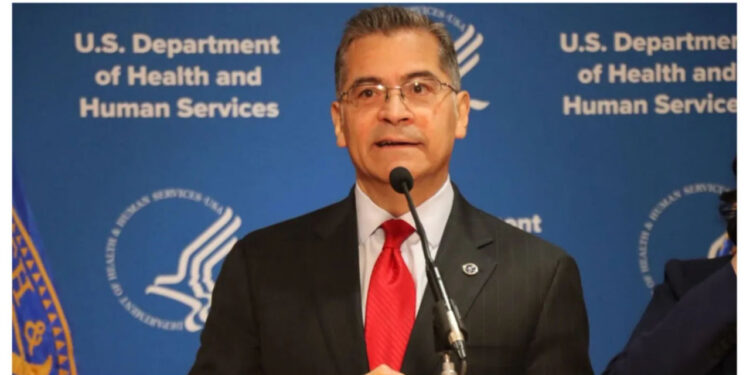The Department of Health and Human Services (HHS) has recently issued a final rule that prohibits the disclosure of protected health information to assist in the investigation or litigation of patients or providers engaged in legal reproductive health care.
The HHS Office for Civil Rights (OCR) has issued a rule that prohibits providers, clearing houses, and their business associates who are regulated by HIPAA from disclosing a patient’s protected health information in order to aid an investigation or impose liability by law enforcement.
“In a press briefing on Monday, HHS Secretary Xavier Becerra emphasized the importance of privacy rights for every American, particularly when it pertains to their highly personal and sensitive health information.”
He emphasized the importance of recognizing that personal health information is entitled to protection under federal law, and possibly even state law, when individuals access healthcare, visit doctors, go to hospitals, or interact with medical professionals. He highlighted that people have the right to privacy under federal law, and this is what today’s discussion is centered around.
According to OCR Director Melanie Fontes Rainer, this rule applies to states where the reproductive health care service is legal. She explained that the purpose of the rule is to assist women who travel out-of-state to receive reproductive health care services, including both surgical and medical abortions.
Both the out-of-state provider and the patient’s in-state provider who did not provide the reproductive health services but may have these records will receive protection under this rule. They have the right to refuse any requests to disclose the information.
The final rule of the healthcare system allows providers to presume that the services received by their patients out-of-state were legal if the patients had to travel to another state for care that is not available in their home state.
Democratic lawmakers had urged the administration to incorporate a provision that mandates law enforcement to obtain a warrant in order to request patient records. However, the final rule did not include this requirement. Fontes Rainer clarified that these records will continue to operate under the existing HIPAA Privacy Rule.
HIPAA prohibits providers from sharing protected health information in response to a subpoena unless specific conditions are met.
Becerra acknowledged the limitations of the rule, recognizing that it does not apply in states where abortions are banned. He emphasized that despite the actions taken, they do not expect to completely overturn the Dobbs decision.
“If attempting to access necessary healthcare or following the advice of your medical professional can result in a breach of your privacy, it undermines your ability to seek the care you need with confidence,” expressed Becerra. “This situation resembles a scene straight out of George Orwell’s novel, 1984. It is truly a disturbing infringement on individual privacy.”










